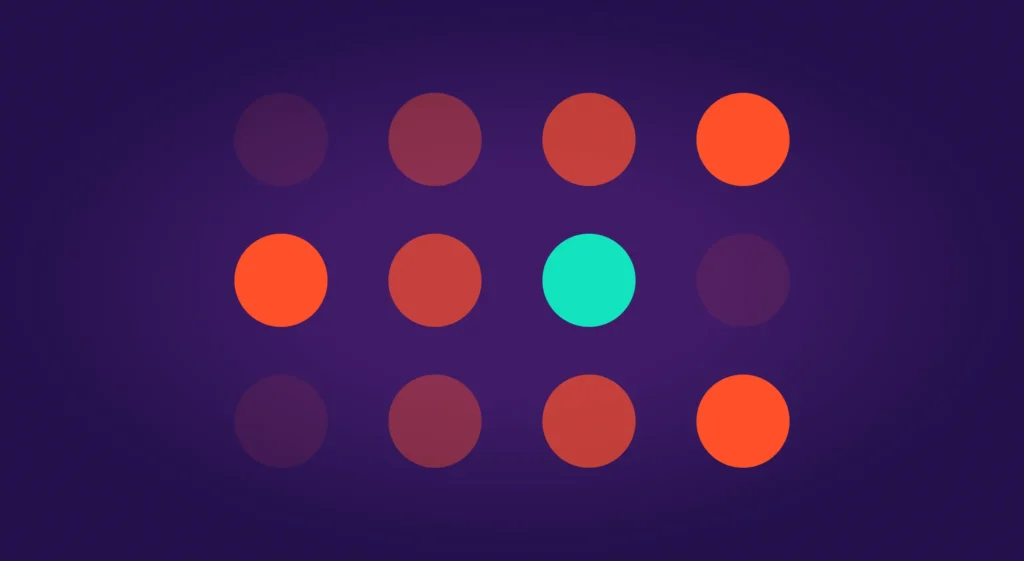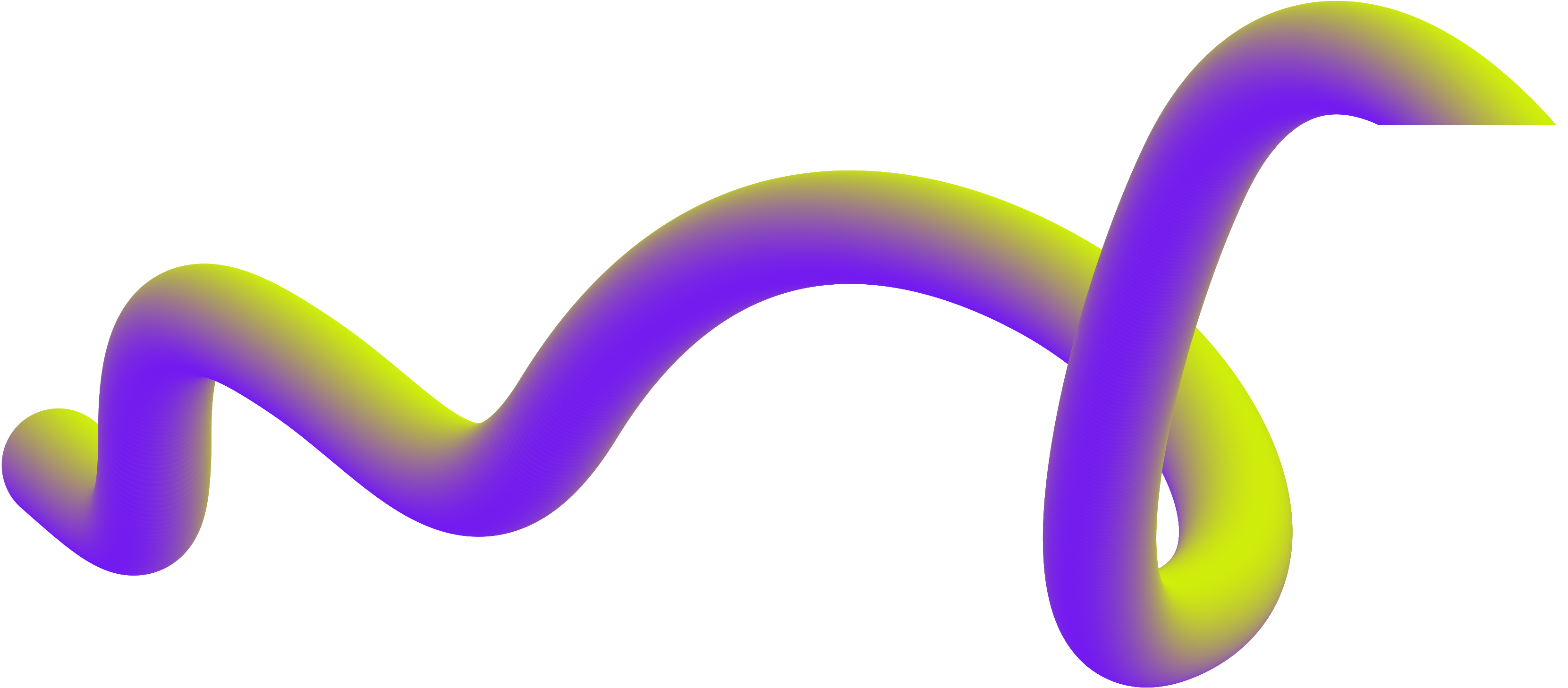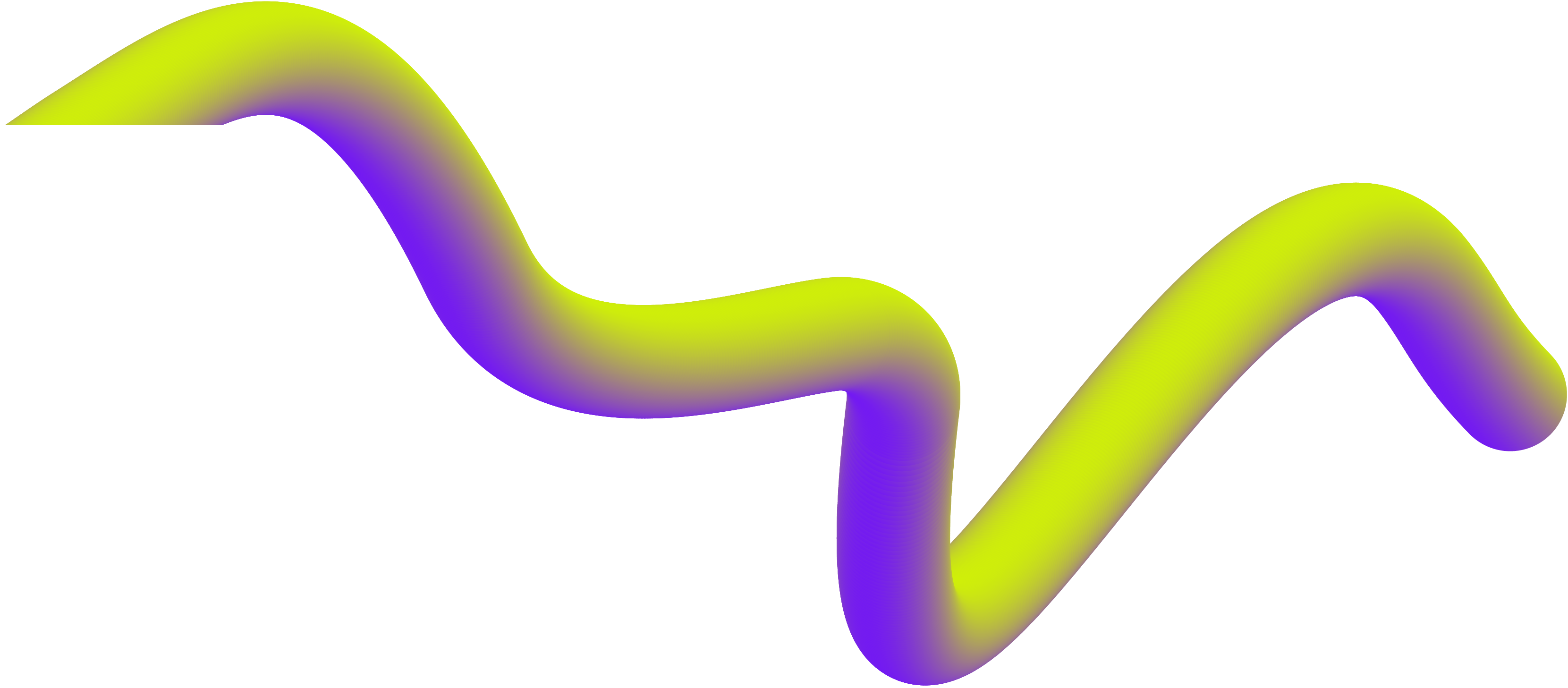2021 State of Engineering Management Report Identifies Poor Visibility and Misguided Focus on Productivity Among Leadership
BOSTON, April 14, 2021 — Jellyfish, the pioneer of Engineering Management Platforms, today released its second annual State of Engineering Management report. The report, produced by the Jellyfish data science team, surveys hundreds of engineering leaders and analyzes the work of thousands of engineering teams. The findings highlight challenges that engineering leaders faced in a tumultuous year as they led and managed their teams through a new normal.
Chief among the study’s insights was that it revealed an unprecedented lack of visibility into where and how engineering teams spent their time. The report shows that technical leaders have very little pulse on how their teams’ time is being allocated – what types of work and even which projects are consuming large portions of engineering time. In fact, most of the work that engineering teams do goes relatively unmanaged. Engineering leadership, for their part, largely recognizes this gap and cites visibility as one of their most critical challenges through 2020 and beyond.
“We saw this happen all over the world last year. As software engineering teams went remote, visibility for leaders broke down. Today, engineering is the engine of modern businesses. That visibility is crucial for engineering leaders as they make strategic decisions, align with their business counterparts, and prioritize accordingly,” says Andrew Lau, CEO and Co-Founder at Jellyfish. “Data-driven engineering leaders are outpacing their peers on just about every metric we look at: innovation, quality, speed-to-market. We seek to enable these data-driven leaders with our Engineering Management Platform.”
Some noteworthy findings identified in the 2021 State of Engineering Management include:
Lack of visibility is a persistent problem among engineering leadership. Engineering and technical leaders underestimate the amount of time their teams end up spending on unplanned work by 81%, and many cite visibility as their number one concern.
Increased engineering productivity amid COVID-19 despite heightened concern about productivity loss. Many leaders worried about their teams remaining productive in a work-from-home environment where visibility is diminished. This concern proved largely unwarranted. On average, engineering productivity actually increased by about 10%, but the type of work being done has shifted dramatically: more attention was paid to existing customers, and far more work was unplanned.
Teams and leaders using Engineering Management Platforms fare better. Teams using EMPs deliver software faster, dedicate 25% more time to innovation, and spend 18% less time on customer support bugs and issues.
To learn more, download a copy of the 2021 State of Engineering Management or visit our website.
About Jellyfish
Jellyfish is the pioneer Engineering Management Platform that enables engineering leaders to align engineering work with strategic business objectives. By analyzing engineering signals and contextual business data, Jellyfish provides complete visibility into engineering organizations, the work they do, and how they operate. Companies like SessionM (A Mastercard Company), Medium, Jobvite, and Digital Guardian use Jellyfish to optimize the allocation of engineering resources to focus their teams on what matters most to the business.





